Picture this: It’s 2 AM on a Sunday night, and you hear the dreaded sound of water dripping. You rush to investigate only to discover a puddle forming under your kitchen sink. If you’re like most homeowners, plumbing emergencies seem to strike at the worst possible moments. But here’s the good news – many common plumbing problems can be prevented, diagnosed early, or even fixed without calling a professional plumber.
Understanding residential plumbing issues isn’t just about saving money on emergency repairs; it’s about maintaining your home’s functionality and preventing costly water damage. From minor annoyances like slow drains to major concerns like burst pipes, this comprehensive guide will equip you with the knowledge to tackle plumbing challenges head-on.
Understanding Your Home’s Plumbing System
Before diving into specific problems, it’s essential to understand how your plumbing system works. Your home’s plumbing consists of two main subsystems: the water supply system that brings fresh water in, and the drainage system that removes wastewater. These systems work together through a network of pipes, fixtures, valves, and fittings.
The water supply system operates under pressure to deliver water to faucets, toilets, appliances, and other fixtures throughout your home. Meanwhile, the drainage system relies on gravity and proper venting to carry wastewater away. When either system malfunctions, it can lead to various plumbing issues that affect your daily life.
Most Common Household Plumbing Problems
Clogged Drains and Slow Drainage
Drain clogs are arguably the most frequent plumbing complaint homeowners face. Kitchen sinks often become blocked with grease, food particles, and soap residue, while bathroom drains typically clog with hair, soap scum, and personal care products.
Expert Solutions:
- Use a plunger specifically designed for sinks and drains
- Try a mixture of baking soda and vinegar followed by hot water
- Remove visible hair and debris from drain covers regularly
- Consider enzyme-based drain cleaners for monthly maintenance
Prevention Tips: Install drain strainers in kitchen sinks and shower drains to catch debris before it enters your pipes. Avoid pouring grease or coffee grounds down kitchen drains.
Leaky Faucets and Running Toilets
A dripping faucet isn’t just annoying – it can waste thousands of gallons of water annually, significantly impacting your utility bills. Similarly, a running toilet can waste up to 200 gallons per day.
Common Causes:
- Worn-out washers, O-rings, or valve seats in faucets
- Faulty flapper valves or chain mechanisms in toilets
- Mineral buildup affecting proper sealing
DIY Repair Solutions:
- Replace worn washers and O-rings in faucet assemblies
- Adjust or replace toilet flapper valves
- Clean mineral deposits from valve seats
- Check and adjust toilet chain length
Low Water Pressure Issues
Experiencing weak water flow from faucets or showerheads can make simple tasks like washing dishes or showering frustrating. Water pressure problems often indicate underlying issues within your plumbing infrastructure.
Troubleshooting Steps:
- Clean aerators and showerheads to remove mineral buildup
- Check if the problem affects multiple fixtures or just one
- Inspect your main water valve to ensure it’s fully open
- Consider installing a water pressure regulator if pressure is consistently low
Advanced Plumbing Repairs You Can Handle
Pipe Maintenance and Minor Leaks
Small pipe leaks can often be temporarily repaired while you arrange for professional assistance. However, understanding when to attempt DIY repairs versus calling a plumber is crucial.
Emergency Repair Techniques:
- Use pipe repair clamps for small leaks
- Apply plumber’s epoxy putty for temporary fixes
- Wrap damaged areas with rubber and hose clamps
- Know the location of your main water shutoff valve
Water Heater Troubleshooting
Hot water problems can disrupt your entire household routine. Many water heater issues have simple solutions that don’t require professional intervention.
Common Water Heater Problems:
- Inconsistent water temperature
- Strange noises from the tank
- Discolored or foul-smelling hot water
- Reduced hot water supply
Basic Maintenance:
- Flush your water heater tank annually to remove sediment
- Test the pressure relief valve
- Check and replace the anode rod every 3-5 years
- Insulate hot water pipes to improve efficiency
When to Call Professional Plumbers
While many plumbing issues can be resolved with DIY methods, certain situations require professional expertise. Understanding these boundaries can prevent costly mistakes and potential safety hazards.
Call a Professional For:
- Gas line repairs or installations
- Major pipe replacements or rerouting
- Sewer line problems or backups
- Water heater installations or major repairs
- Permit-required plumbing work
- Any situation involving the main water line
Emergency Plumbing Situations
Some plumbing emergencies require immediate professional attention to prevent extensive property damage:
- Burst pipes or major leaks
- Sewage backups
- No hot water in cold weather
- Frozen pipes
- Gas leaks near plumbing fixtures
Preventive Plumbing Maintenance
The best approach to plumbing problems is preventing them before they occur. Regular maintenance can extend the life of your plumbing system and help you avoid costly emergency repairs.
Monthly Maintenance Tasks
- Check all faucets and fixtures for leaks
- Run water in rarely used drains
- Test toilet flush mechanisms
- Inspect visible pipes for signs of corrosion or damage
Seasonal Plumbing Care
Winter Preparation:
- Insulate exposed pipes
- Disconnect and drain outdoor hoses
- Service your water heater before cold weather
- Know how to shut off water if pipes freeze
Spring and Summer:
- Check outdoor spigots and irrigation systems
- Clean gutters and downspouts
- Inspect sump pump operation
- Test outdoor plumbing fixtures
Cost-Effective Plumbing Solutions
Managing plumbing expenses doesn’t always mean choosing the cheapest option. Smart homeowners invest in quality repairs and preventive maintenance to avoid recurring problems.
Money-Saving Strategies:
- Learn basic plumbing skills for simple repairs
- Invest in quality fixtures that last longer
- Address small problems before they become major issues
- Consider water-efficient fixtures to reduce utility costs
Modern Plumbing Technology and Upgrades
Today’s plumbing technology offers innovative solutions for common problems. Smart leak detectors, high-efficiency fixtures, and advanced pipe materials can significantly improve your home’s plumbing performance while reducing water waste and maintenance needs.
Beneficial Upgrades:
- Smart water leak detectors
- Tankless water heaters
- Low-flow fixtures and appliances
- Whole-house water filtration systems
- PEX piping for replacements
Read More Also: Wall Art Wonders: Creative Ways to Dress Up Blank Walls
Conclusion
Plumbing problems don’t have to be overwhelming or financially devastating. By understanding common issues, learning basic repair techniques, and knowing when to seek professional help, you can maintain a reliable plumbing system that serves your household efficiently.
Remember, the key to successful plumbing management lies in regular maintenance, early problem detection, and addressing issues promptly before they escalate. While some repairs require professional expertise, many common problems can be resolved with the right knowledge and tools.
Ready to take control of your home’s plumbing? Start by conducting a thorough inspection of your plumbing system this weekend. Check for leaks, test water pressure, and create a maintenance schedule. For complex issues or emergency situations, don’t hesitate to contact a licensed plumber in your area. Your proactive approach today can save you thousands in repair costs tomorrow.
Frequently Asked Questions
What are the most common signs of plumbing problems?
The most common warning signs include unusual sounds from pipes, slow drainage, water stains on walls or ceilings, reduced water pressure, and unexpected increases in water bills. Additionally, foul odors from drains, visible pipe corrosion, and water temperature fluctuations indicate potential plumbing issues that need attention.
How often should I have my plumbing system professionally inspected?
Professional plumbing inspections should be conducted every 2-3 years for newer homes and annually for homes over 10 years old. However, if you notice any warning signs or experience recurring problems, schedule an inspection immediately. Regular inspections can identify potential issues before they become costly emergencies.
Can I use chemical drain cleaners safely?
While chemical drain cleaners can provide temporary relief for minor clogs, frequent use can damage your pipes, especially older metal pipes. These harsh chemicals can corrode pipe materials and harm septic systems. Instead, opt for mechanical removal methods, enzyme-based cleaners, or natural solutions like baking soda and vinegar for safer drain maintenance.
What should I do if I discover a major water leak?
If you discover a significant water leak, immediately shut off the main water supply to your home to prevent further damage. Remove valuable items from the affected area, and contact a professional plumber and your insurance company. Document the damage with photos and begin water removal if safe to do so. Quick action can minimize property damage and repair costs.
How can I prevent frozen pipes during winter?
Prevent frozen pipes by insulating exposed pipes in unheated areas, keeping cabinet doors open under sinks during extreme cold, maintaining consistent indoor temperatures, and allowing faucets to drip slightly during freezing weather. Disconnect outdoor hoses and shut off exterior water valves. If pipes do freeze, never use open flames to thaw them – use a hair dryer or heating pad instead.
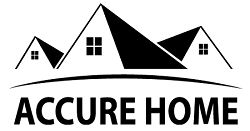
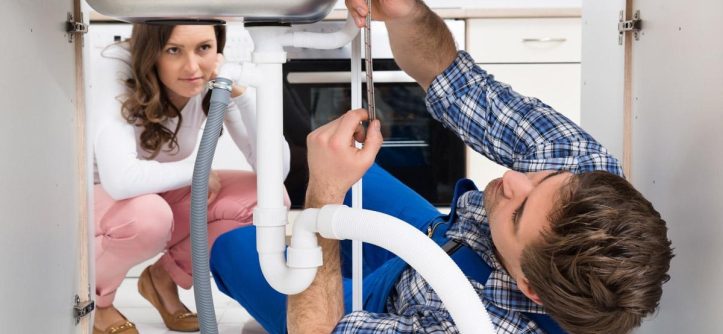
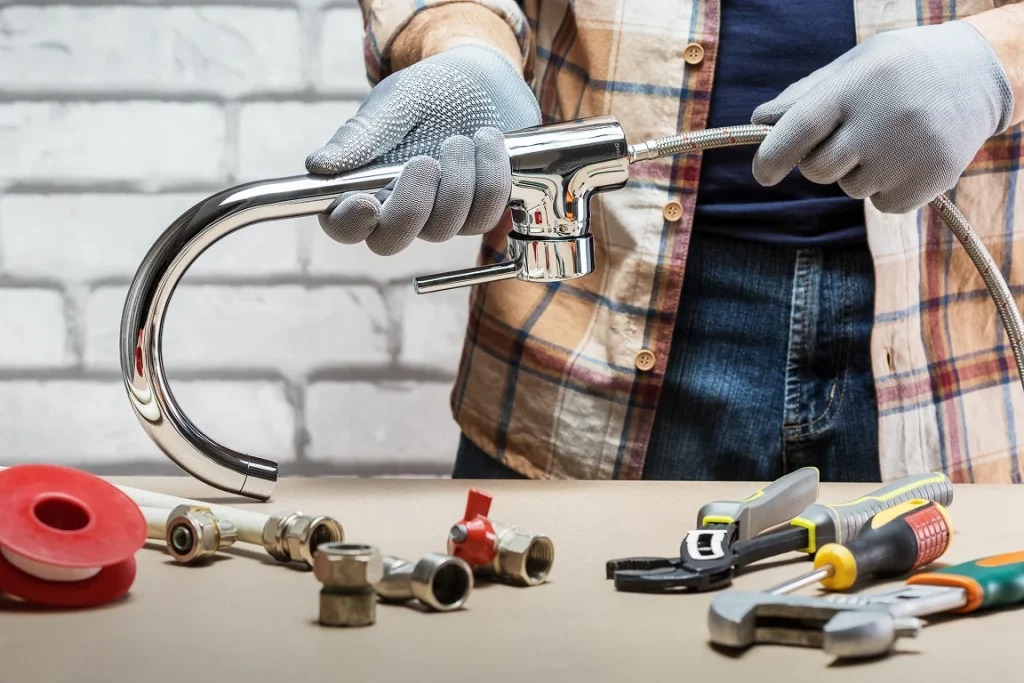
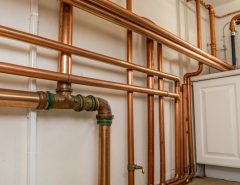
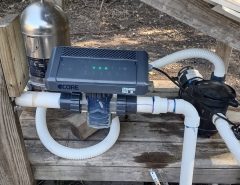
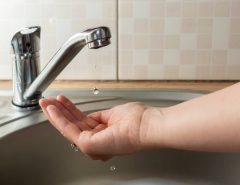
Leave a Reply